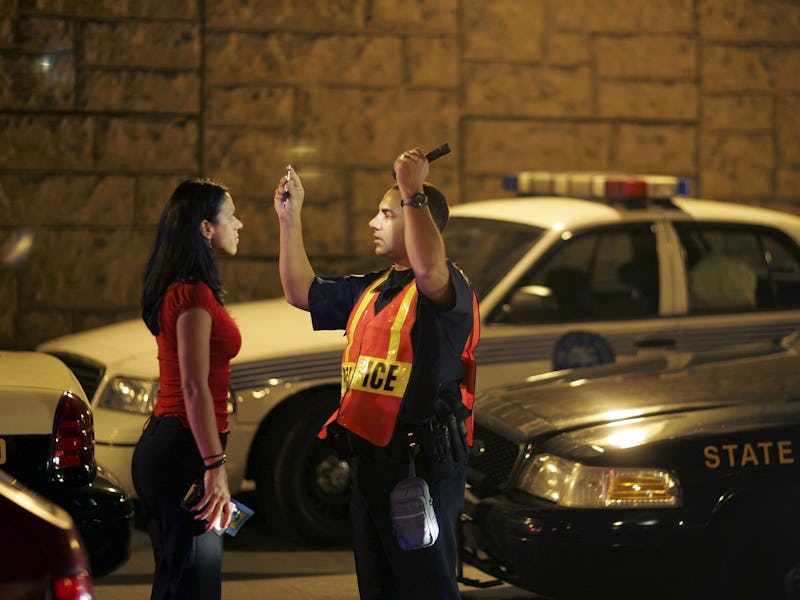Judge Tosses Drunk Driving Charge in Auto-Brewery Syndrome Case
Auto-brewery syndrome is a phenomenon that results in unintended, surprise intoxication.

In October 2014, a schoolteacher was pulled over in New York on the suspicion of drunk driving. Her blood alcohol content checked in at a ripped 0.33 percent — quadruple the legal limit of 0.08, but she insisted she’d had only a few cocktails hours before. The case went to court and her legal team argued for unintentional drunkenness. It was, to put it mildly, unusual.
The unprecedented legal gambit worked. The judge just dismissed her case — and for good reason. The woman proved that her DWI was the result of an obscure intestinal disorder called Auto-Brewery Syndrome. The disorder causes someone to be legally drunk despite not drinking, but still largely functional. Part of what made the defense so believable was that she registered a .40 at one point. That’s damn hard to accomplish through drinking.
Auto-Brewery Syndrome is just one of the names given to an elusive disorder the members of the medical community have long disagreed about. It has also been referred to in medical journals as gut fermentation syndrome and endogenous ethanol fermentation.
According to the Breathalyzer test, the woman in this case was legally drunk.
This woman’s situation is believed to be the first instance of auto-brewery syndrome used in a defense case in New York, but instances of the disorder, while rare, are not unheard of. Prior to 1976, 12 cases of auto-brewery syndrome were identified by physicians, the majority in Japan. In 2013, physicians published a paper detailing the case of a 61-year-old Texan man who was registering a BAC of 0.37 percent despite a lack of ingesting alcohol. In March 2015, the BBC profiled a man named Nick Hess who appeared to be suffering from the same ailment. It’s currently believed that no more than 100 people have been diagnosed with the syndrome.
The underlying mechanism of auto-brewery syndrome is thought to be an overgrowth of yeast in the gut. When this yeast encounters carbohydrates, it ferments the sugars, starches, and fibers into ethanol. The majority of patients in the recorded cases have said they feel intoxicated after consuming carbohydrate-rich foods.
When yeast interacts with carbs in our guts, it’s normal tiny amounts of alcohol is created — but it’s thought that these people have a lot of yeast.
Mmm, yeast.
Still, the question remains: How real is this condition? Wayne Jones, a toxicologist from the Swedish National Board of Forensic Medicine, told the BBC that he’s not convinced yet that people can even produce enough alcohol in their blood from a yeast imbalance to register as legally intoxicated. A 2000 paper published in the journal Medical Science Law argued that in the legal cases of drunk driving, the rare evidence of the syndrome are “far too low to have any forensic or medical significance” and that “notion that a motorist’s state of intoxication was caused by endogenously produced ethanol lacks merit.”
In the case of the woman in New York, the Erie County District Attorney’s office is planning to appeal the recent ruling and to reinstate the charges against her.
Buzzkill.